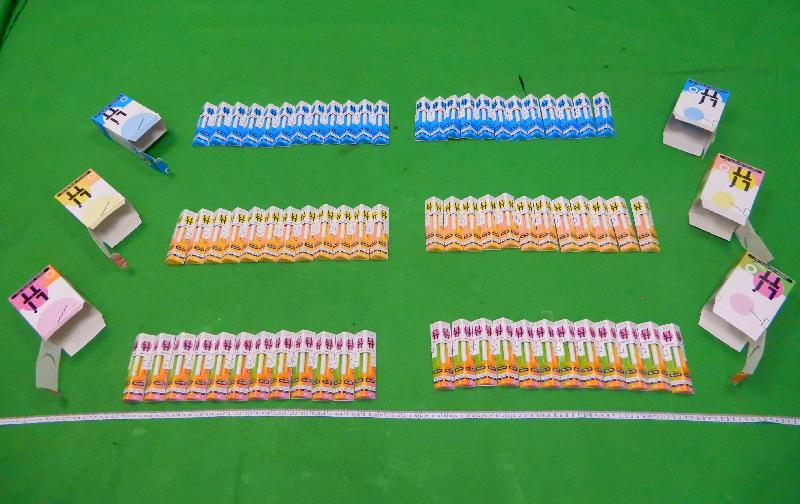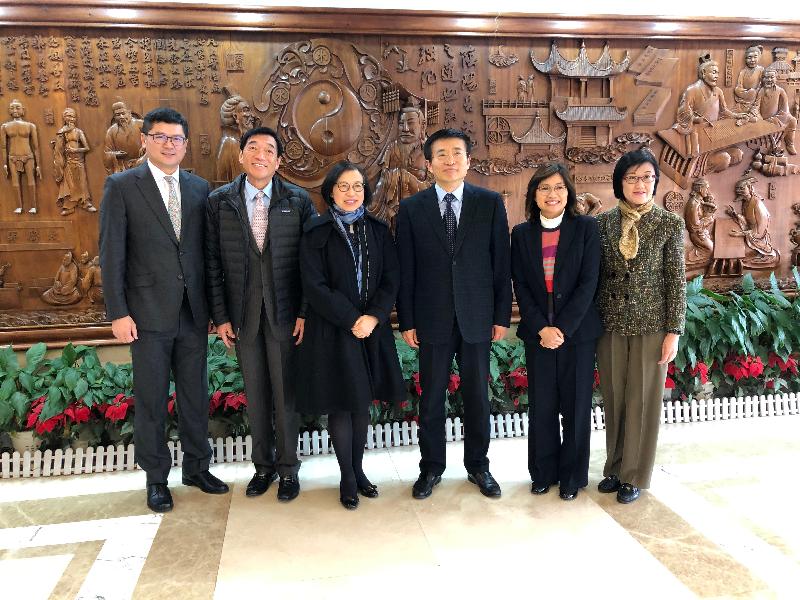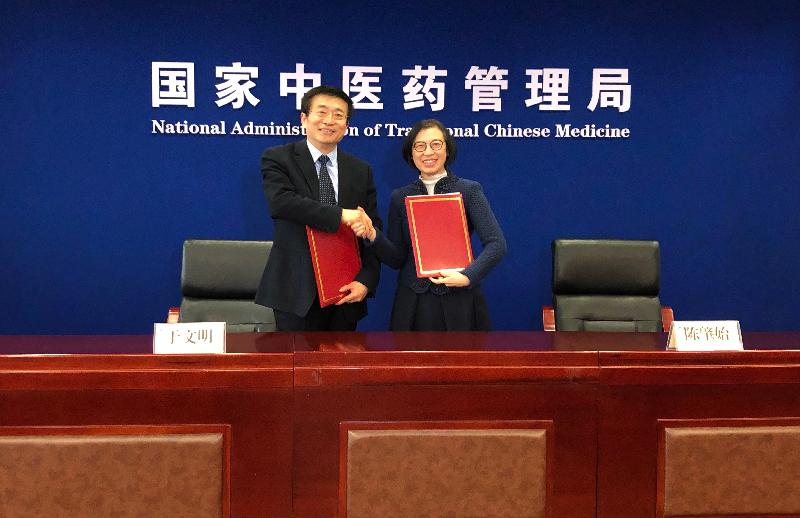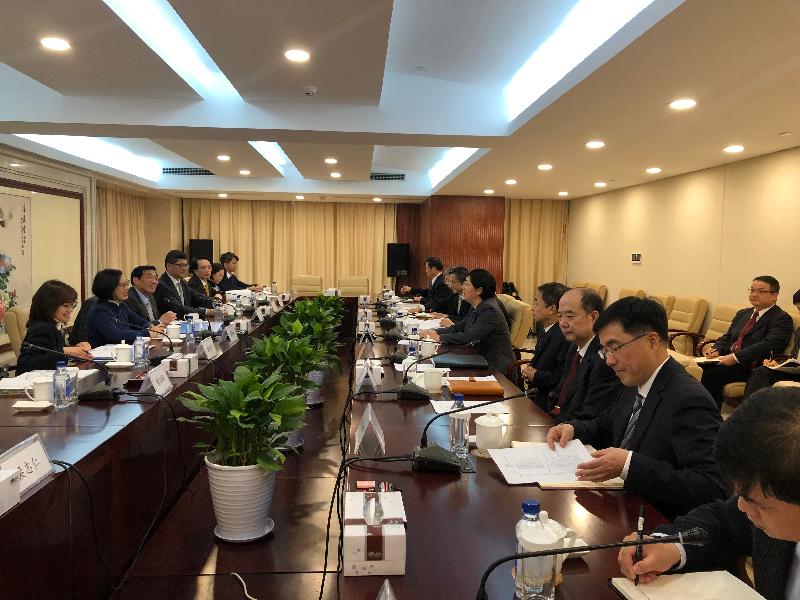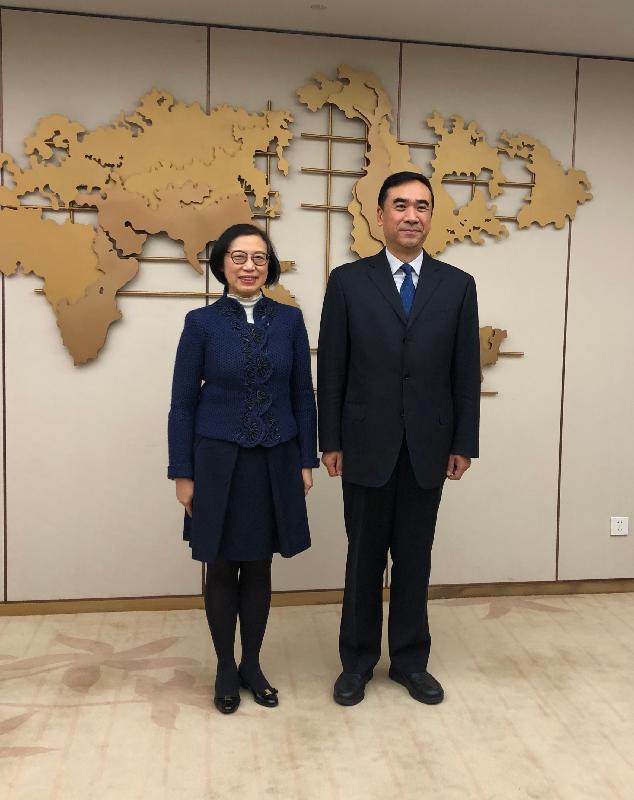Hong Kong Customs reminds public not to bring cannabis products from overseas into Hong Kong (with photos)
Hong Kong Customs today (December 23) reminded members of the public that they should pay attention to whether the products they purchase when travelling overseas during the Christmas and New Year holidays contain cannabis or controlled cannabinoids (such as tetrahydro-cannabinol, or THC) since illicit import of such products is a criminal offence. They are urged not to break the law.
Customs noted that individual overseas jurisdictions have earlier legalised recreational use of cannabis. Products containing cannabis or controlled cannabinoids (such as THC) in different forms, including food, drinks and topical products for applying to skin, hair or nails, as well as cannabis extracts, may be available for sale at local stores. Members of the public are reminded that cannabis and THC are controlled dangerous drugs in Hong Kong and it is a criminal offence to bring such products into the city.
Customs stresses that it spares no effort to tackle dangerous drug trafficking and takes rigorous enforcement action in accordance with Hong Kong's laws. Cannabis and THC (a major cannabinoid present in cannabis plants) are dangerous drugs controlled under the Dangerous Drugs Ordinance (Cap. 134). All products that contain cannabis or THC are also controlled under Cap. 134.
From January to November this year, Customs detected a total of 20 import cases of products containing cannabis through postal parcel, express courier or passenger channels with seizures including candies, shampoo, skin lotion and electronic vape pens.
Members of the public should pay attention to the packaging labels of the products concerned while making purchases in foreign places as well as the relevant domestic legislation in relation to cannabis, so as to avoid breaching the law inadvertently.
Under Cap. 134, trafficking in dangerous drugs, or illicitly importing to and exporting from Hong Kong, procuring, supplying, manufacturing, or dealing in or with dangerous drugs, constitutes a criminal offence. The maximum penalty is life imprisonment and a fine of $5 million. Illicitly possessing or smoking, inhaling, ingesting or injecting dangerous drugs is subject to a maximum penalty of imprisonment for seven years and a fine of $1 million.
Customs has all along been closely monitoring the trends concerning dangerous drugs in other places and implements appropriate strategies. Stringent law enforcement is imposed on passenger and cargo clearance, including air postal packets and express cargo, to effectively combat drug trafficking activities and interdict the flow of dangerous drugs into Hong Kong.
Customs also appeals members of the public to report any suspected illicit drug-related activities through Customs' 24-hour telephone hotline 2545 6182 or its dedicated crime-reporting email account (crimereport@customs.gov.hk).



